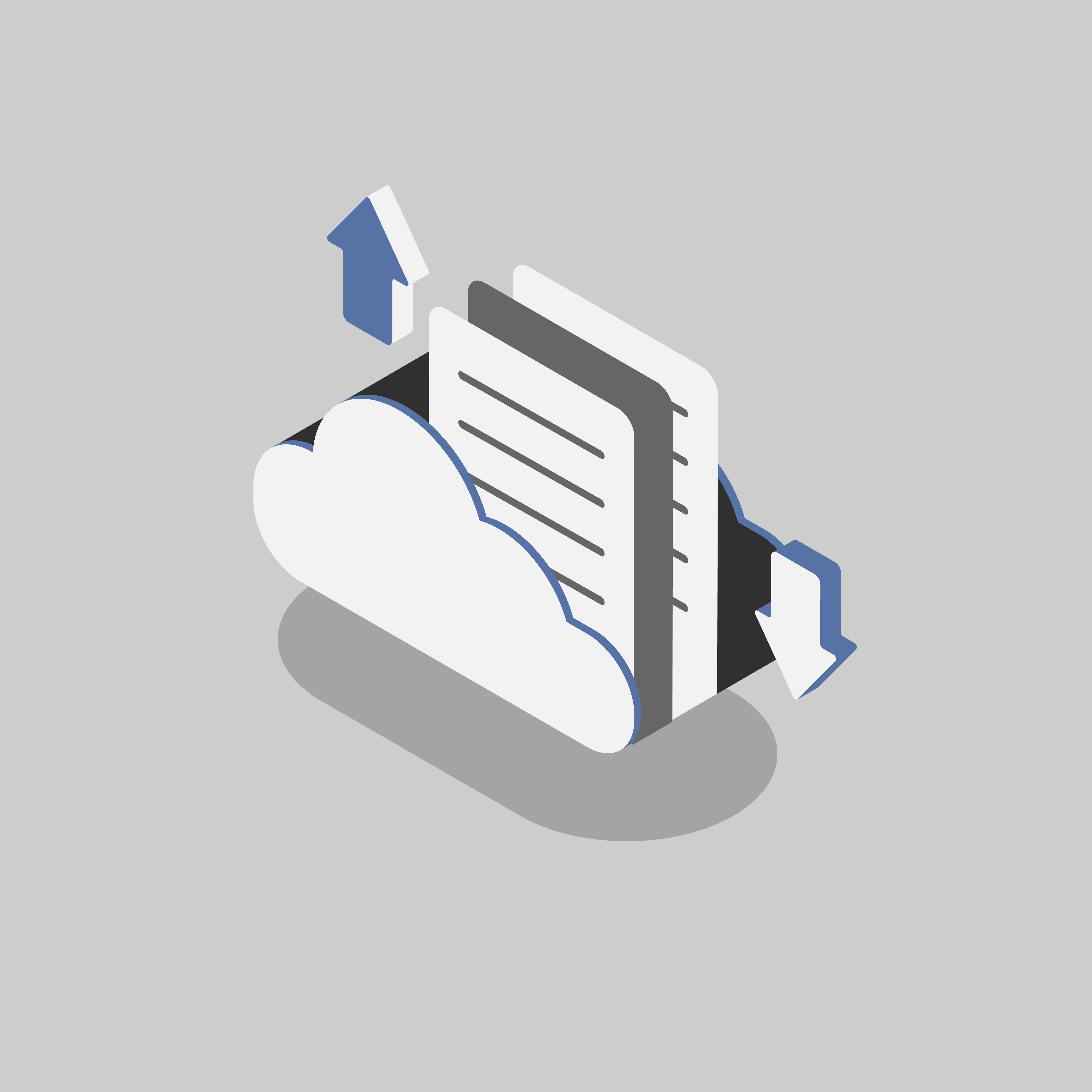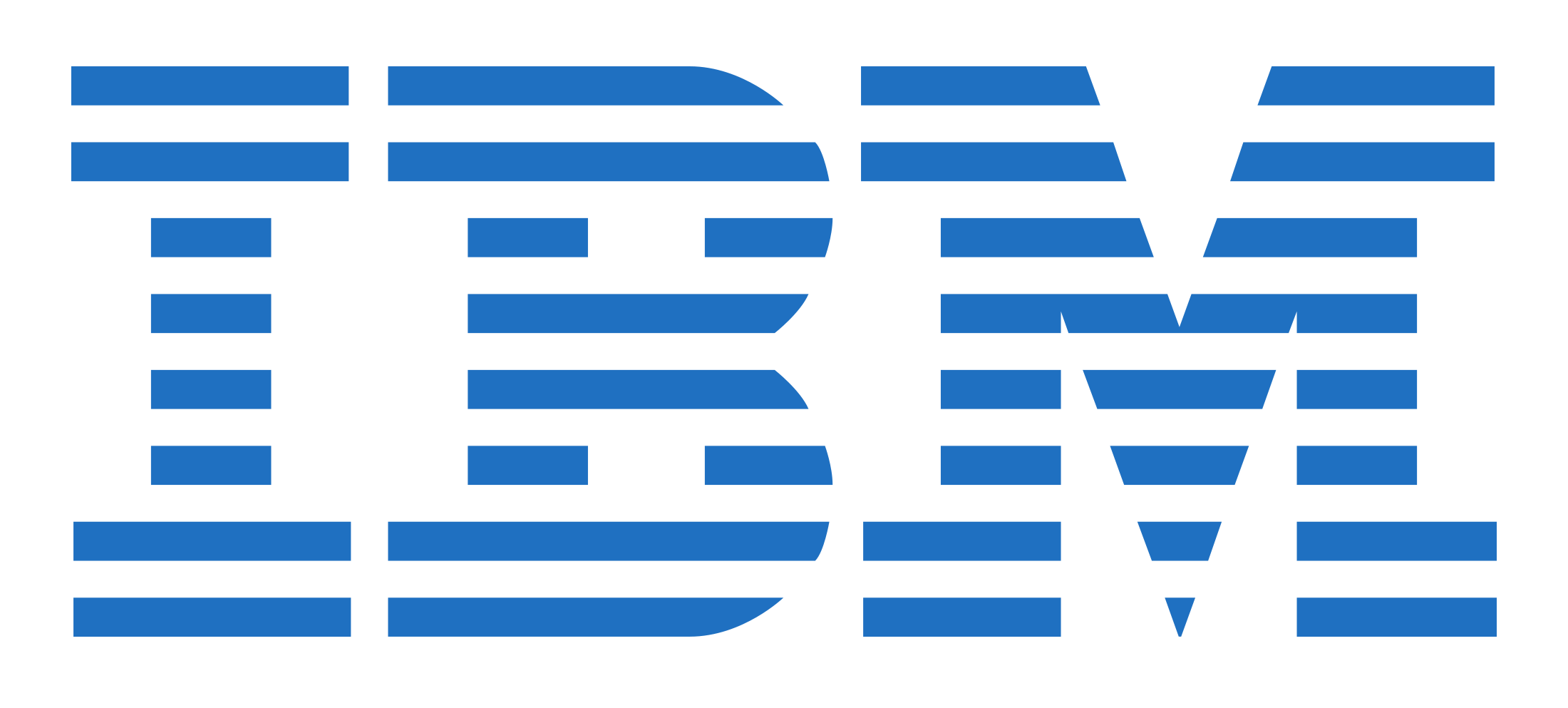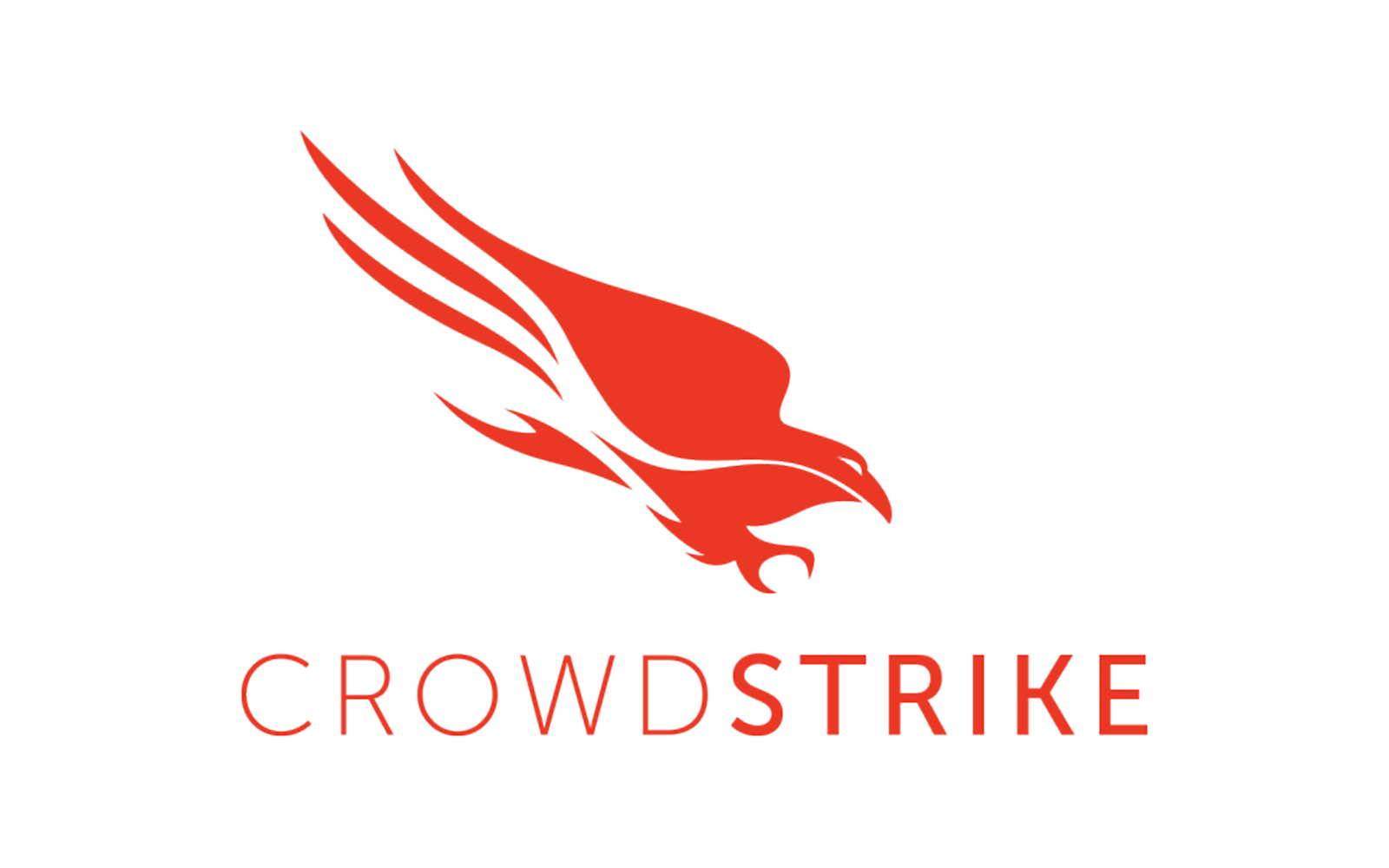
In a dynamic, competitive, digital age, it is second nature for most professionals to keep abreast of trends and predictions in the IT applications as well as IT infrastructure space. The array of new technologies with a potential to alter lifestyles and challenge traditional business models has made it imperative for business leaders to study what lies ahead and evaluate how to be ready for it. Thanks to the creative destruction promised by cloud computing, CIOs and application leaders are also continually evolving their roles to meet the expectations of customers, partners and employees.
IDC’s research of global IT trends published in their study, FutureScape, predicts that by 2020, 60% of the spends on IT infrastructure, as well as 60% to 70% of the expenditure on software, services and technology will be cloud-based. In order to keep your business competitive, you will not only need to be familiar with upcoming technologies, but you also need to achieve the right balance between cost, security and implementation challenges. Here’s a look at the key trends in cloud computing that can help you steer your company’s IT roadmap in the years to come.
Top Four Trends in Cloud Computing
Most of the top global research and consulting firms have conducted extensive studies over the past few years to understand and predict the future technology landscape. Some of the key findings include:
- Exponential Increase in Cloud Services and Solutions:
- According to Bain & Company, the subscription for Software-as-a-Service (SaaS) will grow at 18% CAGR by 2020. This accelerated adoption rate can also be attributed to the fact that purpose-built SaaS solutions are delivering better business outcomes than traditional solutions.
- A KPMG study suggests that investment in Platform-as-a-Service (PaaS) is likely to go up to as high as 56% in 2019. In fact, most enterprise-scale organizations seem confident about using PaaS as their primary application development platform in the future.
- A Gartner study indicates that global revenue for Infrastructure-as-a-Service (IaaS) is set to reach $72.4 billion by 2020.
- Hybrid Cloud Based Solutions Set to Become More Popular: While adopting end-to-end cloud-based solutions has been challenging due to companies hanging onto legacy systems and infrastructure, companies are increasingly ready to adopt hybrid cloud solutions. This enables them to enjoy higher efficiency and effectiveness of the cloud solutions that they implement right away. It also offers them the flexibility to transition the remaining systems to the cloud at their own pace. In fact, a 2016 State of the Cloud Survey by RightScale suggests that businesses that adopt cloud solutions will invariably end up using at least six different clouds, possibly a blend of both public and private clouds.
- High-Speed Quantum Computers May Arrive Sooner than Expected: Efforts are on to build a quantum computer that not only offers seamless data encryption, but also solves complex medical or financial modeling problems, predicts the weather and conducts real conversations with Artificial Intelligence (AI). The good news is that a fast, reliable computer such as this may arrive on the market sooner than expected. IBM has been offering quantum computing as a service since 2017 with a 20-qubit version, while Alibaba has recently tied up with the Chinese Academy of Sciences to launch an 11-qubit version on the public quantum computing cloud platform. Communications Industry Researchers’ (CIR) latest study pegs quantum computing revenues at $1.9 billion by 2023 and $8 billion by 2027.
- GDPR Will Drive up Cloud Security Complexities: The General Data Protection Regulation (GDPR) introduced by the European Union (EU) is yet to be completely understood by most of the IT organizations whose global operations will be impacted. Cloud compliance under GDPR promises to be complex and is bound to challenge CIOs who have to ensure complete alignment of their data practices with the stated requirements. An interesting finding presented in Gartner’s Top 10 Security Predictions 2016 study claims that “Through 2020, 99% of vulnerabilities exploited will continue to be the ones known by security and IT professionals for at least one year.”
Stay Competitive in the Dynamic IT Landscape
Most of the trends and predictions in the technology space indicate that as CIOs and business leaders, you have to brace yourselves for a variety of challenges in the near future. Not only do you need to be mindful of the speed of advancements and ease or complexity of adoption, you will also have to cater to the growing security concerns in order to stay relevant and keep your business ahead of the curve.
At GlassHouse Systems, we have over 25 years of experience in designing, implementing and managing a range of IT solutions in-house, remotely, as well as on the cloud. Among the top resellers of hardware platforms, operating systems and enterprise software solutions across North America, we offer comprehensive managed services. These include security assessments and management, backup and disaster recovery. Our technical experts adopt a systematic, consultative approach to help you maximize your IT investments and adopt holistic solutions.
Contact us to learn more about our products and services that can help you navigate the imminent technology predictions and fortify your company’s IT roadmap for the future.
For Canada and worldwide, contact our main Canadian offices:
- +1 (416) 229-2950
- +1 (416) 229-9096
By email: canada@ghsystems.com
For all US-based enquiries, please contact our main US offices at:
- +1 (630) 724-8500
- +1 (630) 724-8509
By email: us@ghsystems.com








-1.png)

-1.png)
-1.png)

.png)